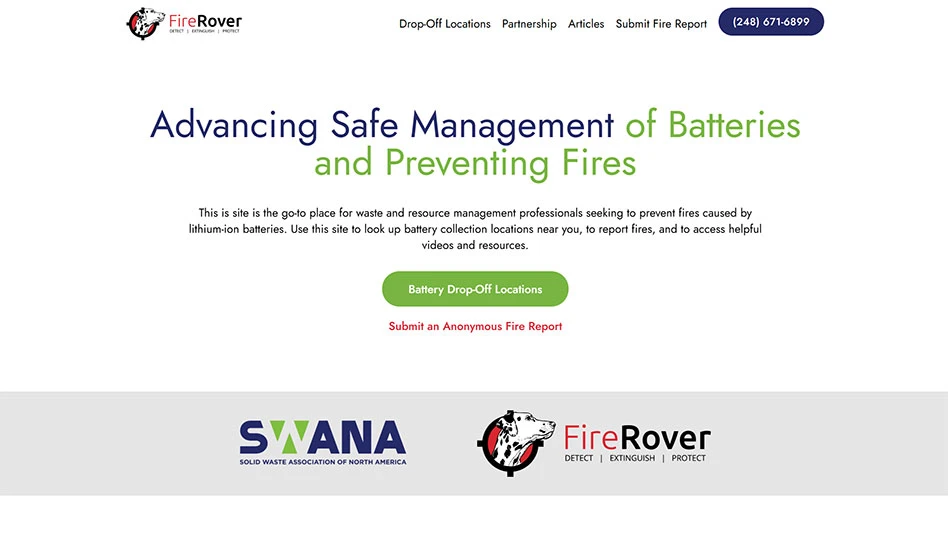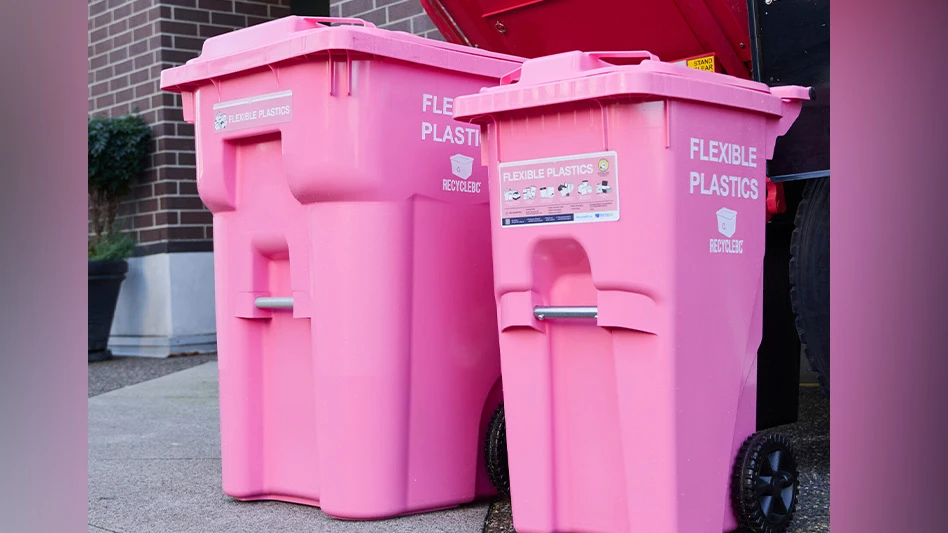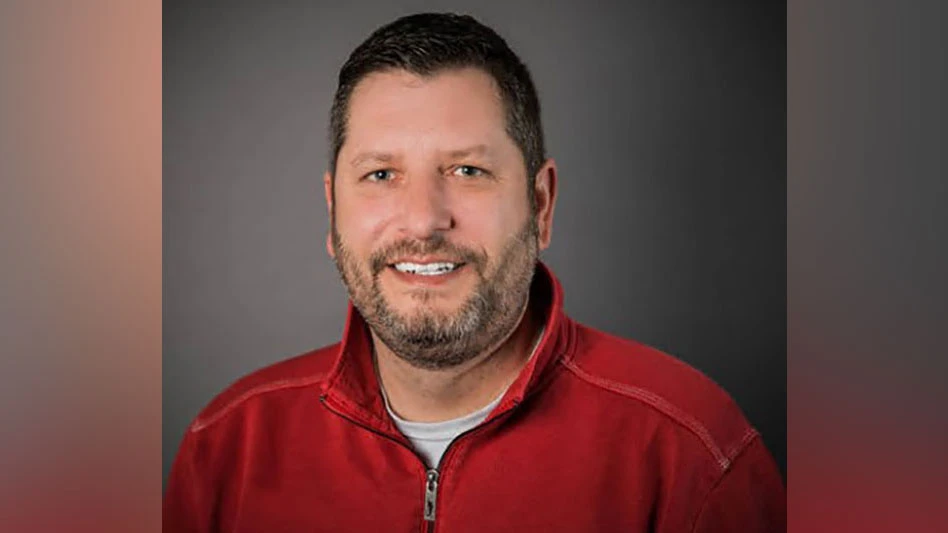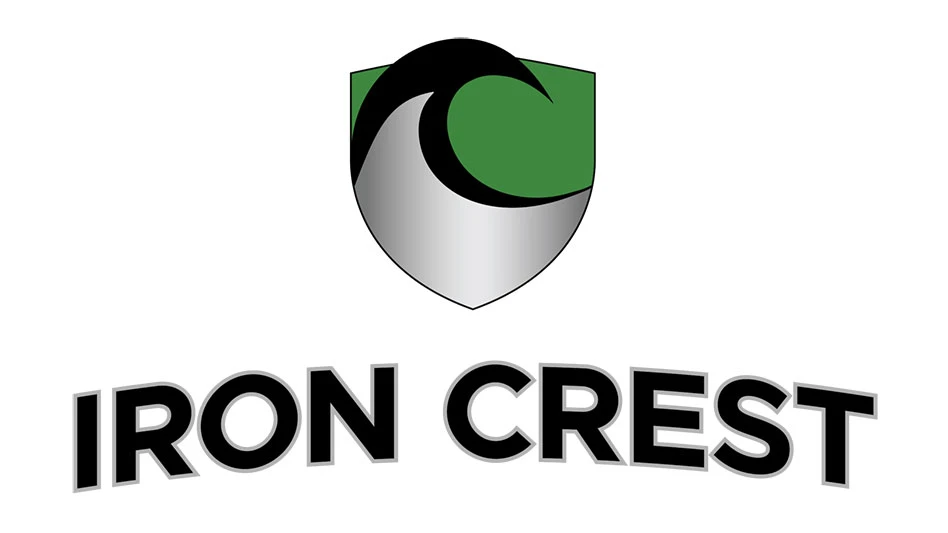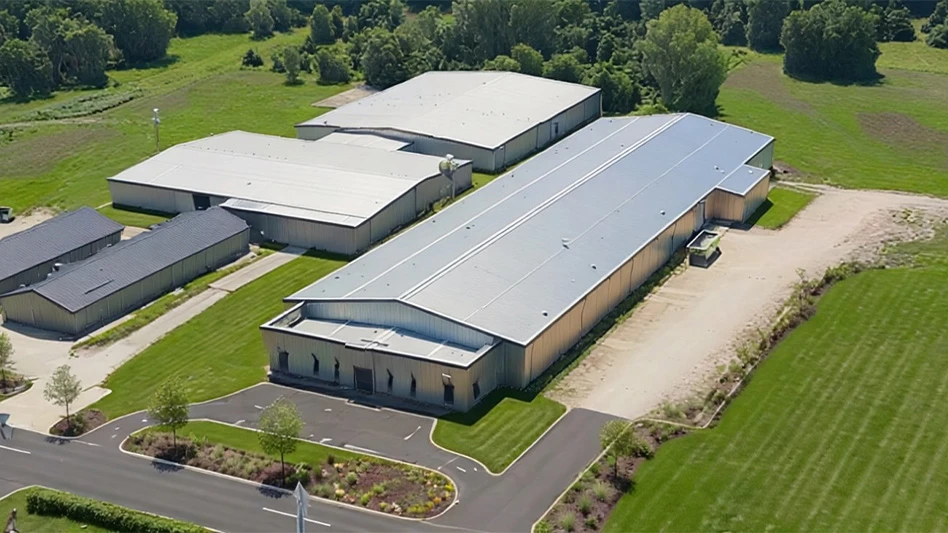Kruschitz GmbH, a plastics recycling company located in Austria, has invested EUR 1.5 million on what the company says is one of the most modern PET processing plants in Europe. The facility is slated to begin operation this fall in Völkermarkt, in southern Austria.
 The complete dry processing of the plastic sorting plant was delivered, assembled and erected by the Austrian company BT-Wolfgang Binder GmbH.
The complete dry processing of the plastic sorting plant was delivered, assembled and erected by the Austrian company BT-Wolfgang Binder GmbH.
The bottles are converted to high-quality PET bottle flakes. During the operation process the bottles are first pre-sorted, cut up, washed, separated from other plastics and packed into big bags. The flakes are used in the plastic industry for fibers, sheets, bottles, etc.
The sorting system used at the new facility is the REDWAVE system. Through the process, many of the problems Kruschitz has had with processing scrap plastics, most notably inconsistent quality of the material, are addressed. Additionally, incorrect colors and impurities in the loads resulted in significant losses for the company. While manual sorting of the plastics improves the overall quality of the scrap plastics, there still were significant quality issues.
To remedy this, Kruschitz invested in the REDWAVE system. The system did not require any additional manual sorting. Instead, the REDWAVE system provided a system of sensor-based sorting technology to give the company the highest, most consistent quality of material.
The REDWAVE system starts with two input lines placed side by side. They are fed with clear PET and PET color fractions. A wheel loader carries the material to the hopper of the underfloor-chain conveyor that transports the bottles to the bale breaker. A breaker on each line separates the bottles and brings them to the elevating conveyor belt where they are transported to the foil and fine material separation. But prior to that, an over belt magnetic separator sorts out ferrous metal.
The second step in the REDWAVE process separates the foil and fine material from the plastic. The ballistics-separator sorts the foil that will be transported by a combined vertical and horizontal movement of the screen deck to the upper discharge, where they fall down to a belt conveyor. This conveyor transports the foil into the hopper. Material that is smaller than the set separating cut falls through the screen to a belt which transports the material to the hopper. This material basically consists of separated labels, caps of bottles, sand, minerals and metals. The bottles move down the ballistics-separator and directly fall to the accelerator conveyor of REDWAVE.
One machine that is 2.8 meters wide is capable of sorting two different lines. It is programmed to sort pet clear and colored plastic through the use of air pressure. The system will allow the company to process around 2.6 metric tons of recycled PET a month.
Another advantage of the system is that with REDWAVE only one machine is required to sort both the clear and colored PET plastic. The machine is 2.8 meters wide and divided in the middle. PET clear and PET color can be independently be programmed and sorted. The clean PET fractions, PET clear and PET color, will be sorted out by air pressure according to the programmed orders and get to the cutting mill.
REDWAVE, a leading technology company in optical sorting, can be used for separating plastics, paper, glass and mineral. It is a sorting system which identifies material by NearInfraRed and colors by cameras or a combination of both in one system.
In addition, REDWAVE can be equipped with a metal detector in order to identify and reject ferrous and non-ferrous metals.
The latest technology of REDWAVE effectively separates heat resistant and leaded glass from the recycled glass stream with the unique X-Ray Fluorescence technique.
Latest from Recycling Today
- Cirba Solutions celebrates 35 years of battery recycling
- Commentary: The impact happens after collection
- BIR reports note continued struggles for recycled resin markets
- Vermont expands battery recycling program
- In memoriam: Bruce Parker
- SDI, SGH submit revised final offer to acquire BlueScope Steel Ltd.
- Republic Services spends big on acquisitions, reports growth for 2025
- 2026 Circular Steel Summit: The view from Nucor

